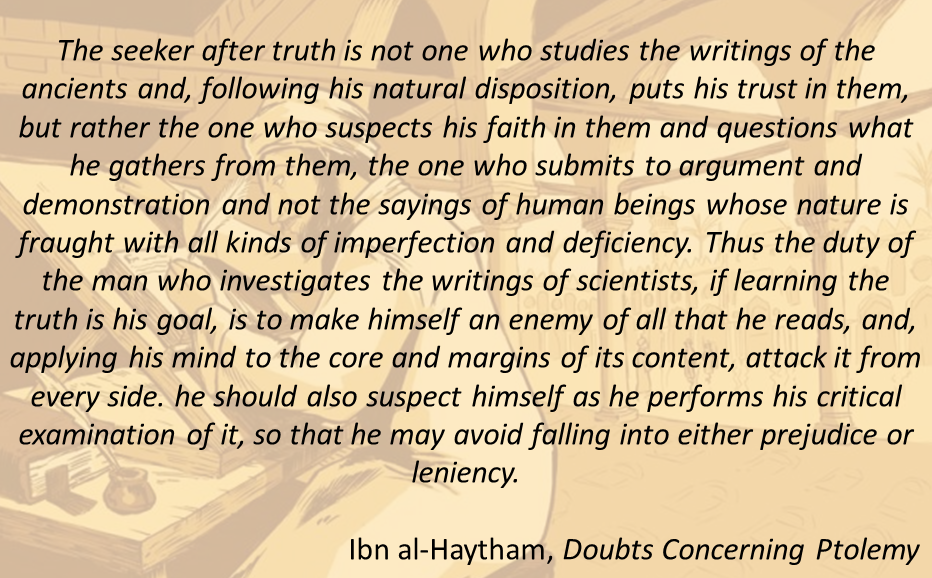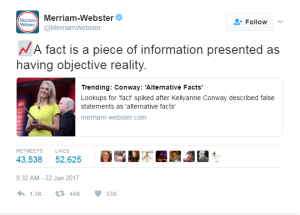While reading the second part of Letting Go?, I found it impossible to see the major conflict being brought up between art and history. The themes of historians critiquing art as either historically “correct” or not began to seem like a lost cause to me. It parallels the great search for Truth, which I find to be a ridiculous venture. Rather than looking at the art as accurate or not, why not just take it for what it is worth and simply exhibit it as such. There seems to be no way that an artist is truly either wrong or right but rather giving an interpretation of what they see and how they choose to portray it. Although I can clearly see how, if improperly represented in its description, art can lead to a false sense of understanding about history, I feel that as long as it is made clear what kind of a resource it is and is not used to create a narrative that is historically inaccurate then it too can be a resource for opening the minds of the people that look at it.
I also find the consistent worry about maintaining authority over the general historical narrative and who gets included and who gets excluded by some museums to be equally ludicrous. No one group should have complete control over a story that covers so many different points of view. Many of these points of view have not even been in the eyes of historians until the last fifty or so years. What now makes us think that we as historians have all the points of view now after so many years of excluding so many in the traditional narrative? The best comparison I can make is when Fred Wilson discusses the overturning of institutional narratives. He states that, “I think there will always be another layer that can be looked at because they are institutions, just like the government.”[1]I could not agree more if I tried. Much like any other institution, educated people especially will consistently challenge the status quo because as according to Dr. Horrible in Dr. Horrible’s Sing-Along Blog, “The status is not quo.”[2]
[1]Benjamin Filene, Bill Adair, and Laura Koloski. Letting Go? sharing historical authority in a user-generated world, (Philadelphia, PA: Pew Center for Arts & Heritage, 2011), ProQuest Ebook, 241.
[2] Joss Whedon, Dr. Horrible’s Sing-Along Blog, Los Angeles, CA:Mutant Enemy Productions. 2008. Dvd.

